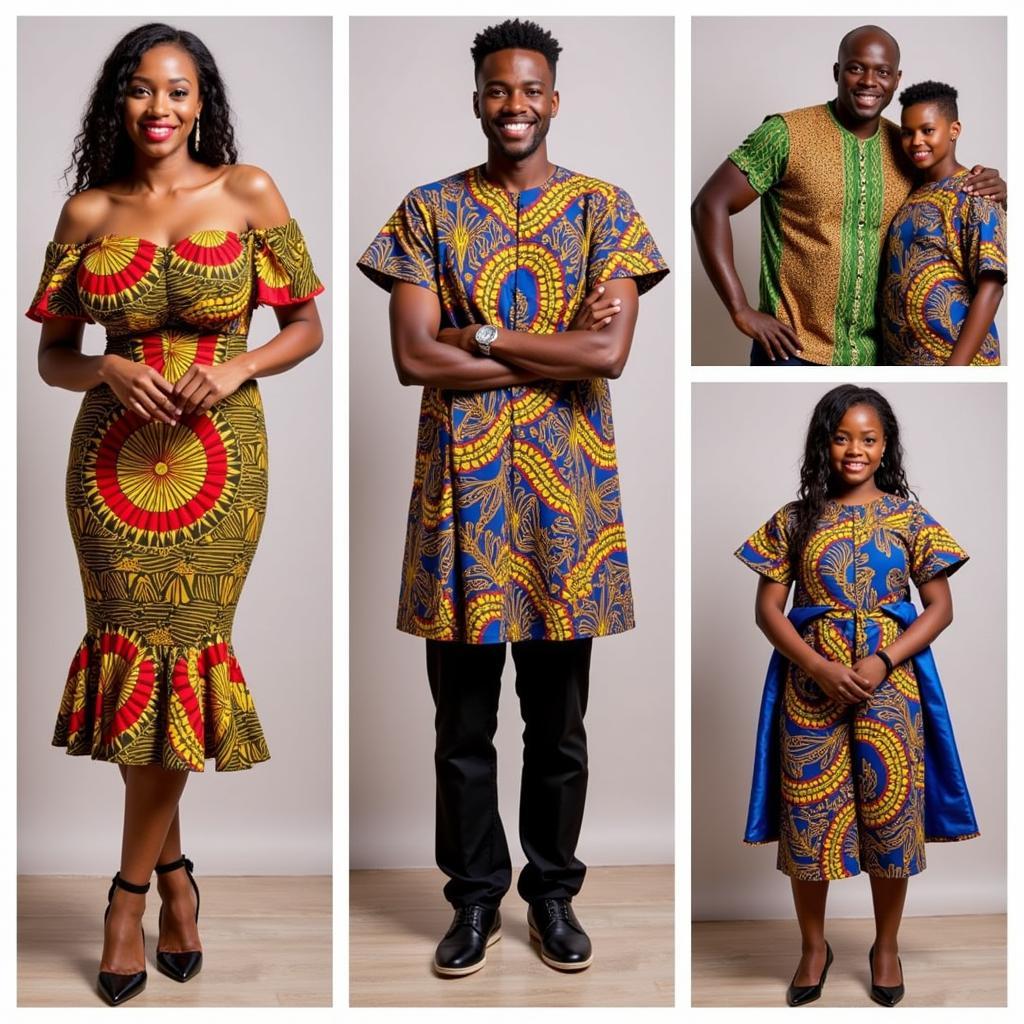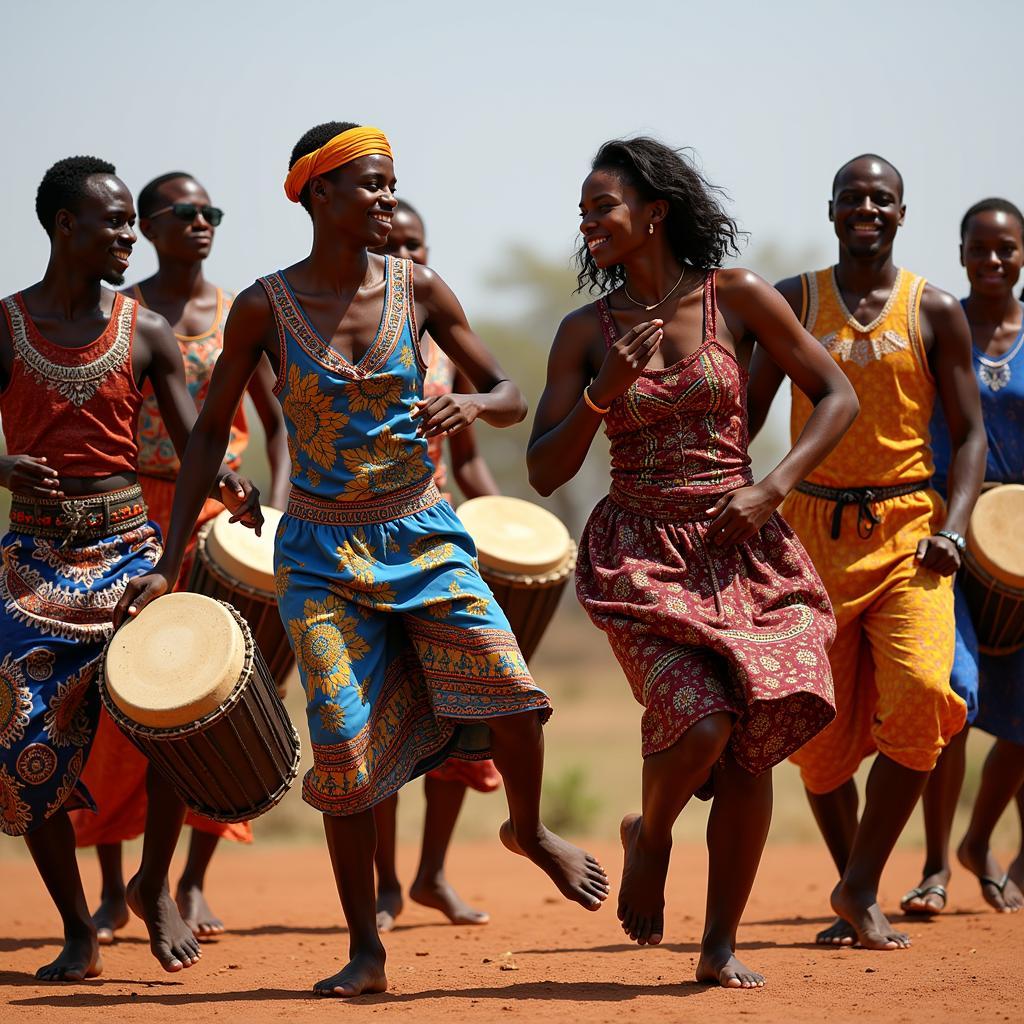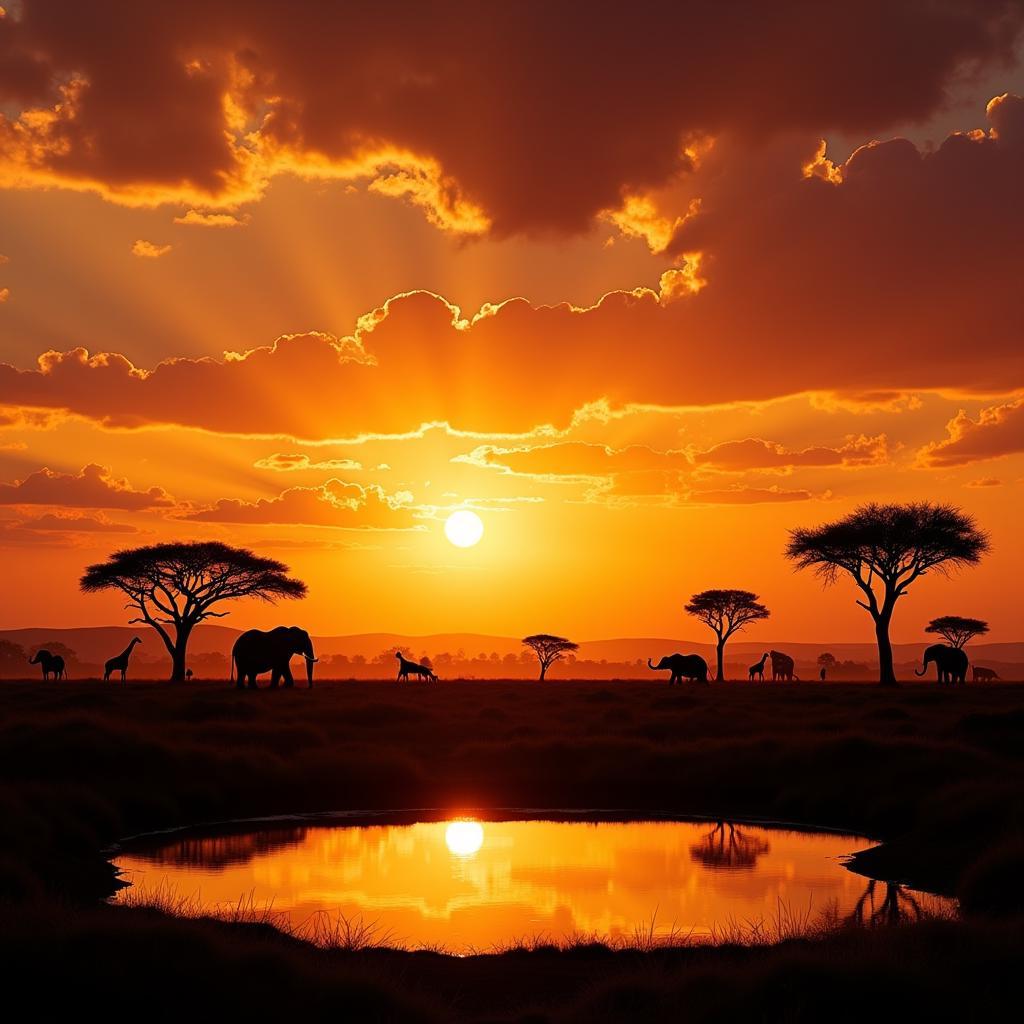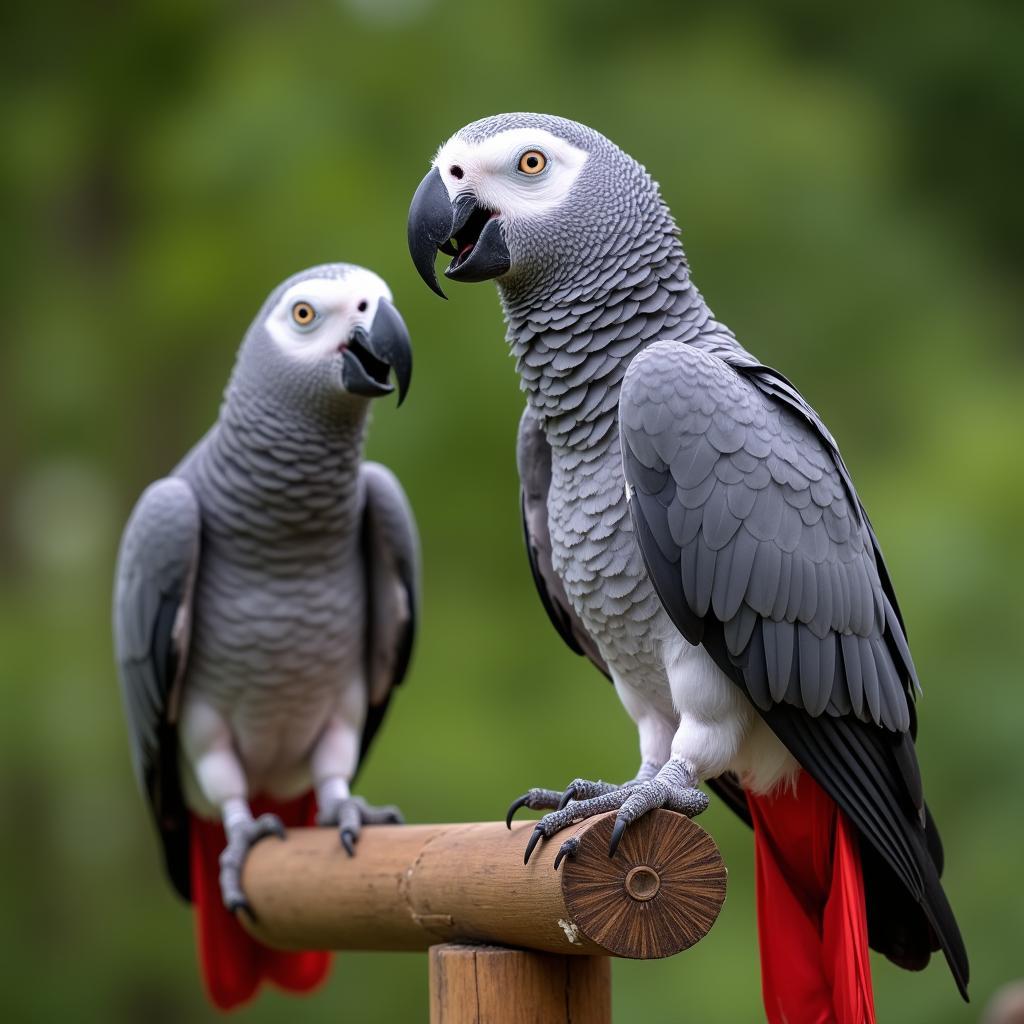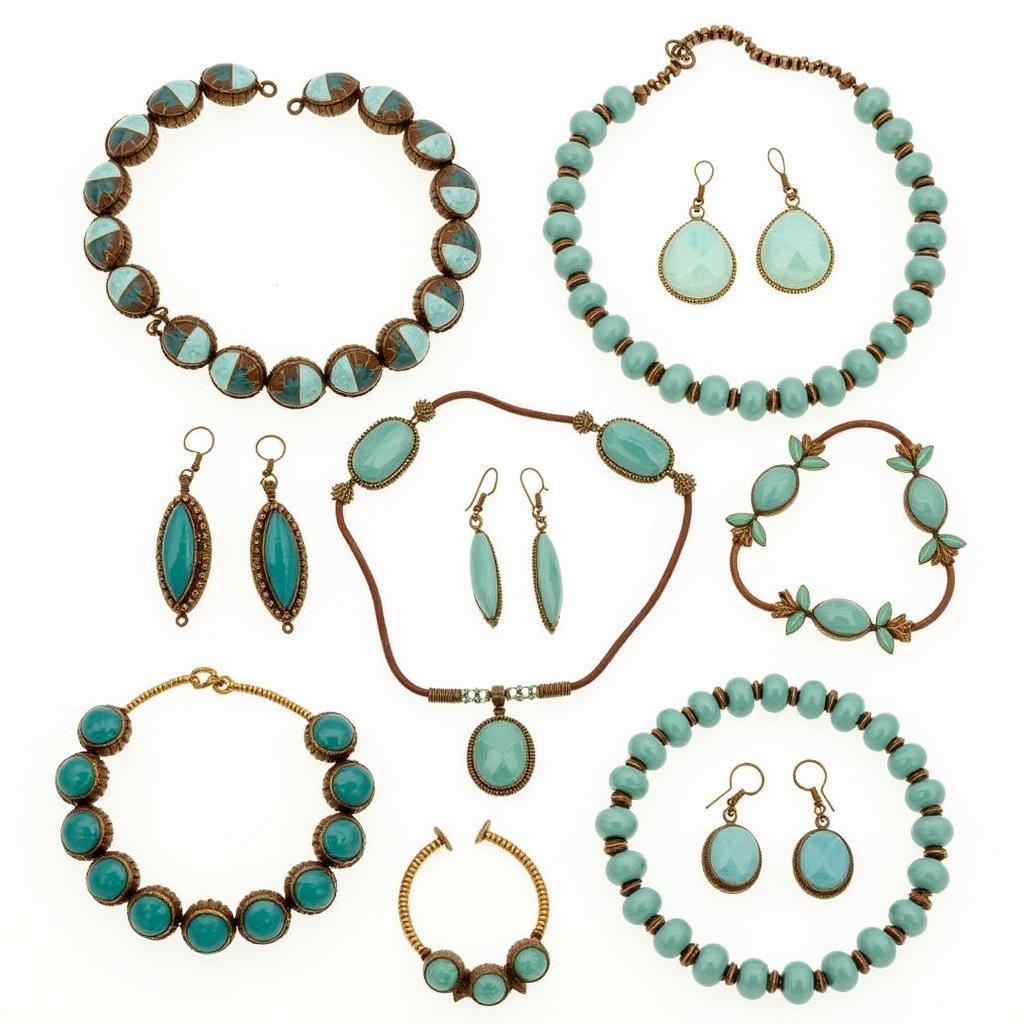A Synopsise of African Dance: A Vibrant Expression of Culture
African dance is an integral part of life on the continent, a vibrant expression of culture, history, and emotion. It’s not just about moving your body; it’s about storytelling, celebrating life, and connecting with your heritage. From the energetic rhythms of South Africa to the graceful movements of West Africa, African dance offers a captivating journey into the heart of the continent’s diverse cultures.
Types of African Dance
African dance is incredibly diverse, with each region and ethnic group possessing unique styles and traditions. Here are some of the most common types of African dance:
Traditional Dance:
- Ritual dance: These dances often have spiritual or religious significance and are performed for ceremonies, rituals, and festivals.
- Social dance: Social dances are performed for entertainment, community gatherings, and celebrations. They are often characterized by their lively rhythms and participatory nature.
- War dance: These dances are traditionally performed to celebrate victory or prepare for battle. They are often vigorous and showcase the strength and skill of the dancers.
Contemporary Dance:
Contemporary African dance blends traditional styles with modern influences, creating new and innovative forms of expression. Many contemporary African dancers have gained international recognition for their talent and artistry.
The Importance of African Dance
African dance plays a vital role in preserving cultural heritage and transmitting knowledge and values to future generations. It also provides a powerful medium for expressing emotions, celebrating life events, and fostering a sense of community.
- Cultural Preservation: Dance is a living repository of cultural traditions, preserving stories, beliefs, and history.
- Community Building: Group dances bring people together, fostering a sense of unity and shared identity.
- Emotional Expression: Dance allows individuals to express emotions, both joyous and sorrowful, through body language and movement.
- Social Commentary: Some dances address social issues, providing a platform for commentary and critique.
The Elements of African Dance
African dance is characterized by a number of key elements:
- Rhythm: African dance is deeply rooted in rhythm, with music playing a vital role in setting the pace and mood.
- Movement: The movement in African dance is often fluid and expressive, with a wide range of gestures and postures.
- Costumes: Traditional costumes are often elaborate and colorful, reflecting the cultural heritage and the occasion.
- Masks: Masks are an important part of many African dances, representing spirits, ancestors, or deities.
- Storytelling: Many dances tell stories, conveying historical events, myths, or legends.
“African dance is not just movement; it’s a language, a story, a connection to our ancestors.” – Aisha Mgeni, renowned Tanzanian dancer
The Future of African Dance
The future of African dance is bright, with a growing global appreciation for its beauty and power. Contemporary African dancers are pushing the boundaries of the art form, blending traditional styles with modern influences to create exciting new works.
African dance continues to inspire and captivate audiences worldwide, offering a glimpse into the vibrant soul of Africa.
FAQ
- Q: What are some famous African dances?
- A: Some famous African dances include the Gumboot dance (South Africa), the Assiko dance (Cameroon), and the Samba dance (Angola).
- Q: What are some popular African dance festivals?
- A: Some popular African dance festivals include the Durban International Film Festival (South Africa), the Festival on the Coast (Ghana), and the Festival des Arts Negra (Senegal).
- Q: How can I learn more about African dance?
- A: You can learn more about African dance through books, documentaries, and online resources. You can also attend dance performances or workshops to experience the art form firsthand.
Conclusion
African dance is a vibrant and diverse art form that embodies the spirit of the continent. It offers a captivating journey into the heart of African culture, showcasing the beauty, power, and emotion that are at the core of this rich and complex tradition. Whether you’re a seasoned dancer or a curious newcomer, exploring the world of African dance is a rewarding experience that will leave you inspired and enriched.
